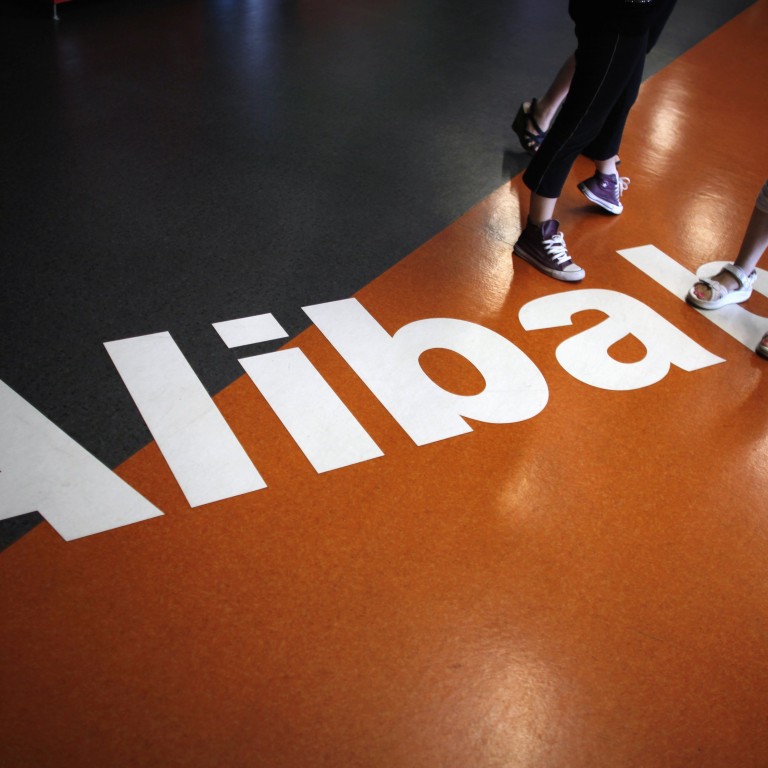
Alibaba IPO saga shows need to debate listing rules
The decision by local regulators not to be more accommodating to a potential HK$100 billion listing by the mainland internet giant Alibaba Group is the subject of lively debate.
It was not that long ago that Hong Kong was IPO capital of the world, thanks to its position as a listing gateway for mainland Chinese companies amid an economic slowdown in the West. A flood of oversubscribed listings consolidated its reputation as an international financial centre with the rule of law. Now, after a slowdown on the mainland and a drought of big listings, it battles for them with London and New York. The decision by local regulators not to be more accommodating to a potential HK$100 billion listing by the mainland internet giant Alibaba Group is therefore the subject of lively debate.
Alibaba founder Jack Ma Yun and his colleagues want to go public to create a more liquid position for the group's investors. But they do not want to surrender control - not an unusual stance by founders and management of tech companies driven by their innovation. Since the Hong Kong stock exchange will not entertain dual listings that give control of voting shares to top managers - having already rejected a similar proposal from Manchester United football club as against the interests of minority shareholders - it was never likely it would swallow Alibaba's executive partnership structure, which would exercise control by having the right to nominate a majority of directors.
The Securities and Futures Commission, which is ultimately responsible for investor protection, has steadfastly ruled out any change giving exemptions from existing listing conditions.
As a result, Alibaba will probably follow Manchester United to a US listing. In a parting shot, executive vice-chairman Joe Tsai said Hong Kong must consider "whether it is ready to look forward as the rest of the world passes it by". This also reflects a difference between the exchange and the SFC over whether there should be a review of the listing rules.
The controversy has thrown open the question whether our listing rules are in line with the times. Regulators and the government should encourage the debate.

